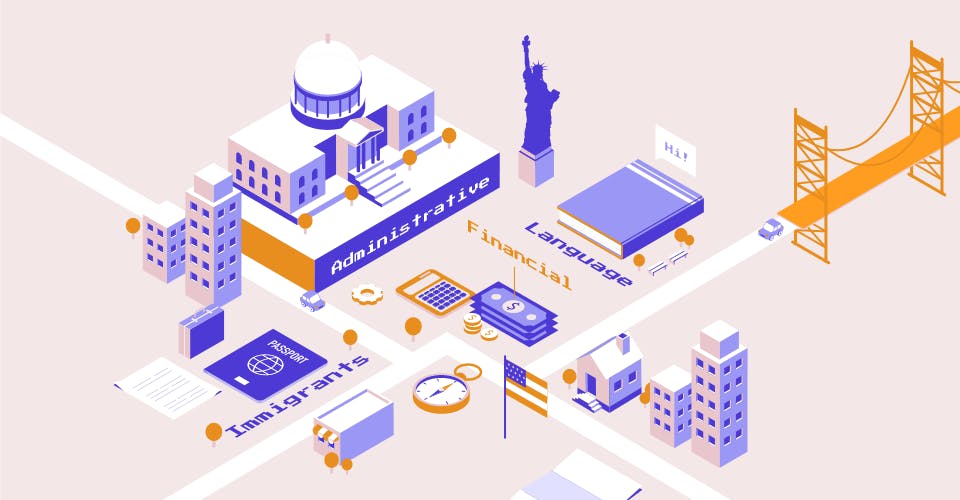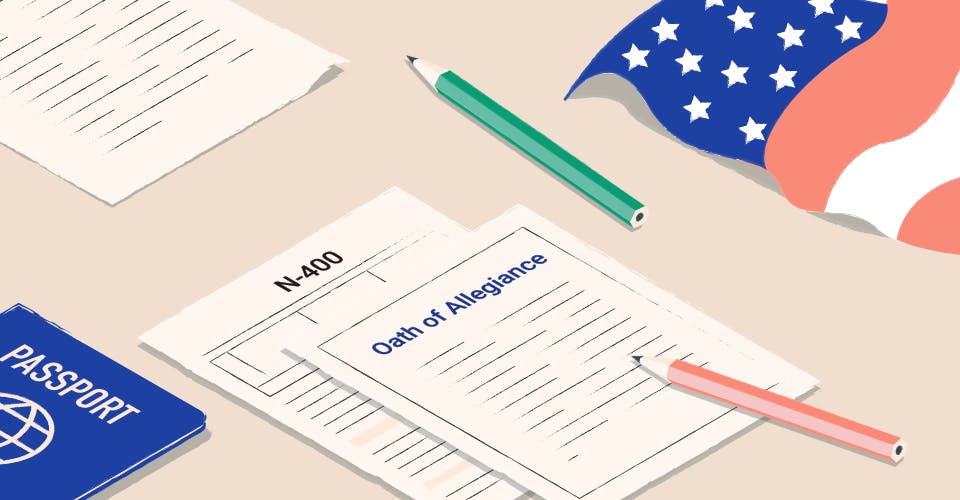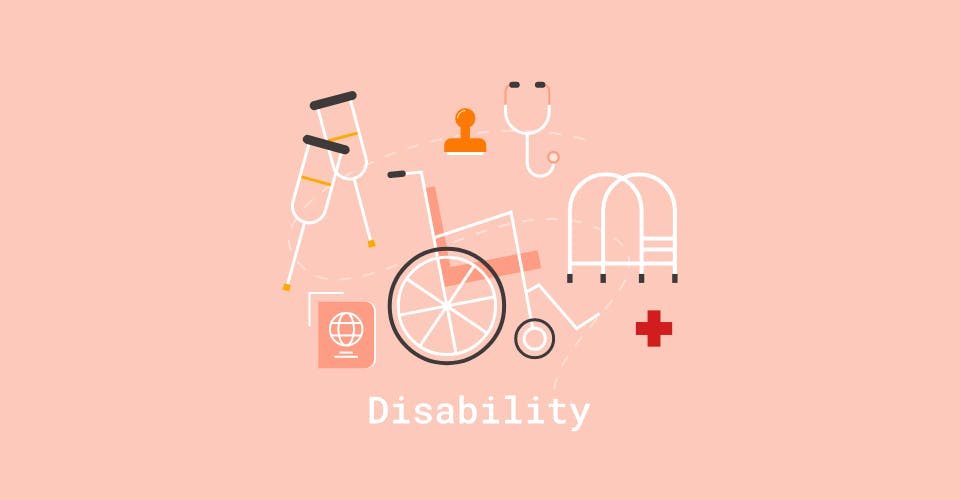Naturalization, or the act of becoming a U.S. citizen, is often the final step on the long journey of immigration. Becoming a U.S. citizen is considered a major accomplishment, especially for those who might have come to the U.S. without a job or without being good English speakers. Adapting to a new lifestyle in the United States takes time, and integrating into a new community or city can be challenging and often frustrating. As such, citizenship means more than just the conveyance of certain new rights such as the ability to vote in a presidential election—it is really about an ideal of “making it” somewhere.
However, not every legal permanent resident or green card holder in the U.S. becomes a citizen. Some have their reservations about going through anymore immigration paperwork and filing with the USCIS. In this post, we will look at some of the reasons why immigrants decide to ultimately not pursue citizenship. It should be revealing to understand some of the roadblocks and technical difficulties that immigrants might be having and they ultimately decide to forgo this process.
1. Language Skills
The Pew Research Center has conducted surveys with immigrants over the years and their findings for legal immigrants who are eligible for citizenship are telling. Pew estimates that the leading reason why Latino LPRs have not gone forward with naturalization paperwork is because of “Language and Other Personal Barriers”.[1] The research center does not define what “personal barriers” encompasses but generally this might be a lack of social support or the right family members who would be able to assist the principal immigrant in completing their naturalization paperwork.
2. Financial or Administrative Barriers
In the same study, the Pew Research Center also found that amongst Latino legal permanent residents, the second leading reason why those who were eligible for citizenship chose not to go forward had to do with financial or administrative barriers.[2] This could refer to the filing fee cost of naturalization, but there are also other costs as well that add to the entire process. Currently, the filing fee for an N-400 (the form used to apply for naturalization) is $725. However, if the USCIS needs an additional Biometric screening, that is $85, followed by an updated I-693 Medical Exam which could run some applicants into the $1000 dollar range if they need a vaccination or two.
Ultimately, Latino families with lower annual incomes are putting off the naturalization process because of the inability to get ahead on a month to month basis. They might see their existing green card status as satisfactory, and don’t want to get stressed out with a new round of administrative burdens that come with naturalization.
3. Lack of Interest/Have Not Tried
Although it might seem counterproductive, some immigrants who are eligible for citizenship have simply cited a “lack of interest” in the process, not specific to Latino immigrants but also those from other nationalities as well. Pew Research discovered that immigrants who tended to have an income higher than 20,000 dollars per year were more likely to be dissuaded from citizenship, as were immigrants who had been living in the U.S. for many years (>20).
Other reasons could include the possibility that some legal permanent residents still simply have an attachment to their home country, and don’t feel the need to become an “American”. For some, the bond they share to their own culture, and customs, is strong enough so that they don’t compelled to fill out an N-400.














